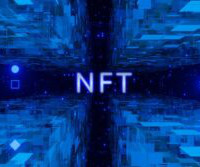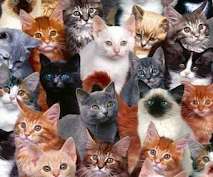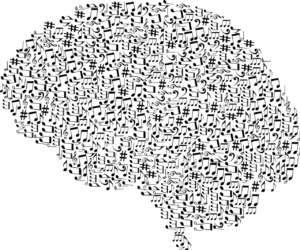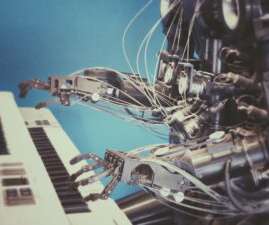Copyright Protection of Photographs: a Comparative Analysis Between France, Germany and Italy
Kluwer Copyright Blog
DECEMBER 20, 2022
Photographs are included in Article 2(1) of the Berne Convention as copyrightable artistic works. All Berne Union Member States must thus provide copyright protection to photographic works. In fact, Section 72 UrhG basically extends to Lichtbilder the same protection provided to Lichtbildwerke under Section 2(1) UrhG.












Let's personalize your content